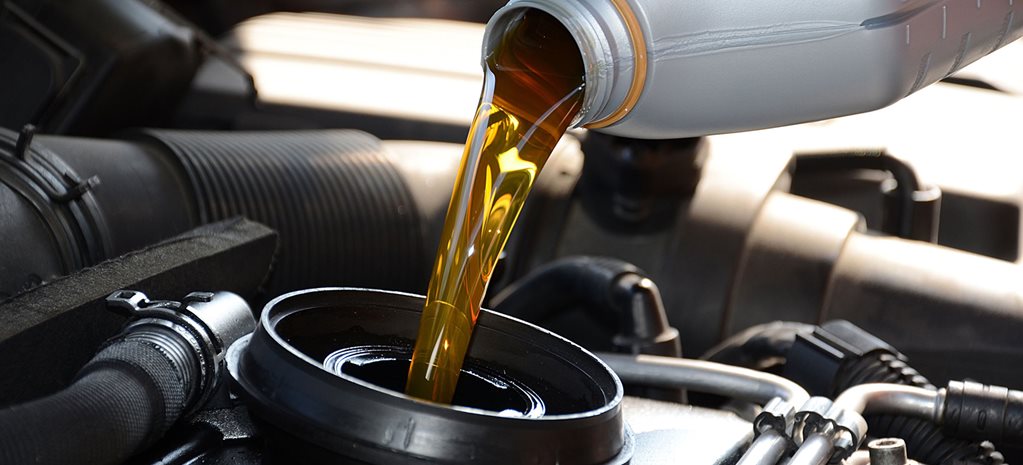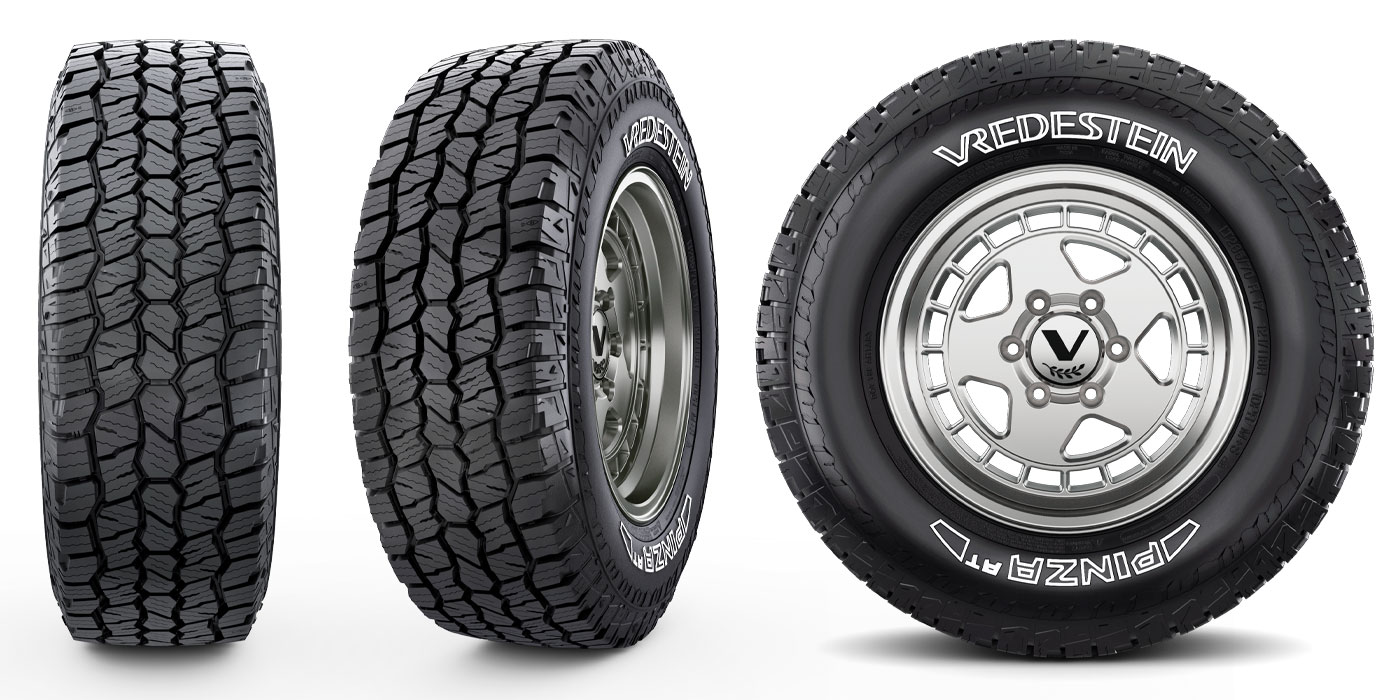Engine oil, also known as motor oil is designed to lubricate the inner components of the internal combustion engines, as well as to protect them against the corrosion and keep them cool while at the time of use.
It is made up of two main elements: Additives and base stock. The base stock commonly makes around 95% of the solution and is even either made from petroleum, a synthetic chemical, or a mixture of the two. The base stock is responsible for lubricating an engine moving parts and removing built-up heat.
The additives moreover which even account for roughly 5% of the oil, and it is this chemical that is responsible for finely controlling oil lubricity and viscosity, as well as protecting engine parts against wear.
Functions of engine oil:
-
Inhibits rust & corrosion
Engine oil consists of rust and corrosion inhibitors that offer protection against regular wear and tear. This helps in reducing the oxidation of oil and make sure better performances and longevity of the automobile engine.
-
Help in removing impurities
Most of the engine oils consist of the detergents as additives that remove the impurities and some other deposits from the oil that helps the running parts stay clean. This even helps in making the engine safe against any grave damage.
-
Acts as a coolant
The engine oil has coolant feature that keeps the upper engine and its running parts cool. It prevents the engine loss and deterioration of an automobile engine.
-
Acts as a gap filler
The piston and cylinder have a space that is not very smooth. Engine oil acts as a gap filler and helps in improving the performance and efficiency of the engine.






